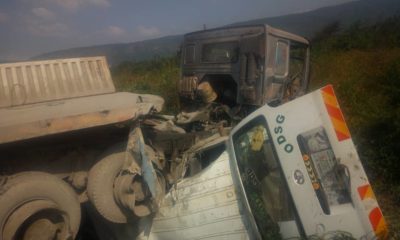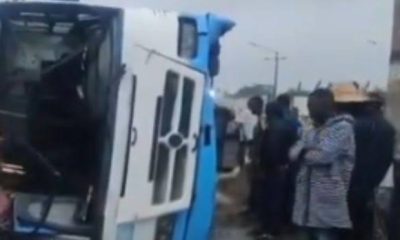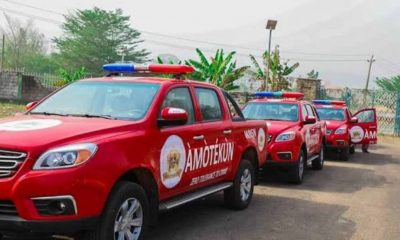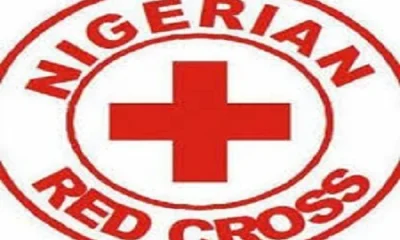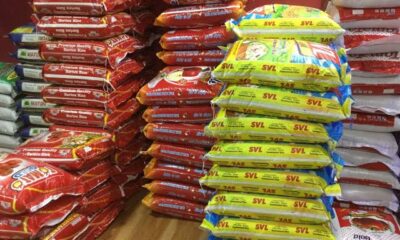News
MICS: Jigawa, Sokoto Record Low Birth Registration As Lagos Account For Highest Number
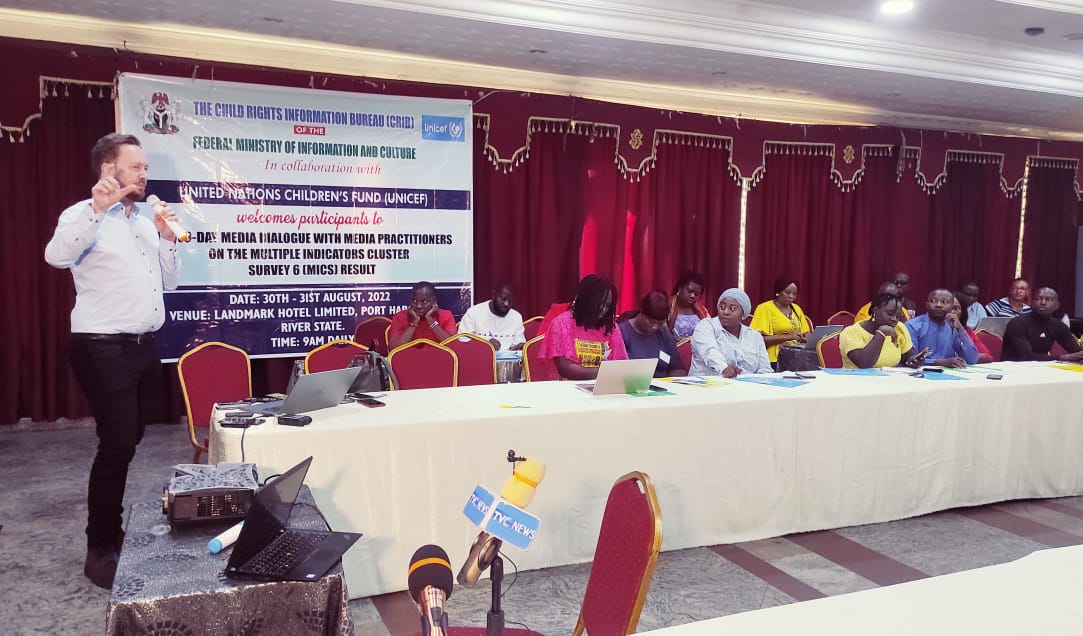
Jigawa and Sokoto states recorded the lowest levels of birth registration in Nigeria according to the latest Multiple Indicator Cluster Survey (MICS) recently released by the National Bureau of Statistics (NBS).
The survey indicated that Jigawa state recorded 23.6 per cent birth registration while Sokoto state recorded 22.5 per cent whereas as Lagos state recorded 94 per cent and the Federal Capital Territory, Abuja recorded 87 per cent.
At a Media Dialogue in Port Harcourt, Rivers State, the United Nations Children’s Fund Chief for Management for Results, Claes Johansson said the situation in Lagos and Abuja on birth registration was encouraging and charged government of Jigawa, Sokoto and other states with low birth registration rate to take steps to address the situation.
He noted that more than half of all children under the age of five, representing 57percent, have their births registered with civil authorities in 2021. He said birth registration rate was at 47 per cent in 2016 increased to 57 per cent in 2021 with an increase of 10% points from 5 years ago.
Johansson expressed joy that there is an improvement in the situation of children in Nigeria and charged all stakeholders to do more so that the nation will achieve the Sustainable Development Goals.
The Media Dialogue on MICS6 was organised by UNICEF and attended by journalists from various media organisations across the country.
He called on government at all levels to ensure social protection system that will provide more economic opportunities for people in the country so that parents would be able to cater for the children.
According to him, “We see that children health in Nigeria is improving. Fewer children are dying. It used to be one in eight but it’s now one in 10. Though, it’s not good enough but it’s an improvement. The reason for that improvement is primarily driven by immunization.”
“There has been huge improvement in immunization. It used to be 34 percent of children that got full immunization and now it’s 57 percent in just five years. If we keep that up, we can achieve tremendous progress in term of children health. Also, birth registration is going up and fewer young girls are getting married and having children. Child marriage reduced from 44 percent to 30 percent.”
“The situation is improving. Some state are really improving quite a lot. If all states in Nigeria can learn from those states that have improved, we will come to a situation where we will actually achieve Sustainable Development Goals.”
“But there is still a long way to go to get to that point we want to be. So, much more still need to be done. This is a call to action to government and development partners to really look at these data and target appreciate investment in Nigerian children, going forward.
Johansson said government should step up the efforts towards addressing the out of school children challenge by providing access to education for the children and ensure quality learning.
He also charged government to ensure social protection system that will provide more economic opportunities for people in the country so that parents would be able to cater for the children.
Johansson said data is very crucial in dealing with challenges confronting children in Nigeria. “Without data, we are flying blind. We won’t know what we are doing. We won’t know if anything is working.”
“So, it’s actually crucial to have data. We are using the data to work with media to amplify the issues and suit data to work with government as well to inform programmes and also to learn about what we did well or what we didn’t do well.”
UNICEF communication specialist, Dr Geoffrey Njoku said the media dialogue was aimed at equipping journalists with relevant information, providing relevant data for them and build their capacity to enable them write data driven stories that will make government take necessary actions.
He said UNICEF is working with national media across the country to look at the just released MICS data launched on 16th of August and do compelling stories using the current data.
His words “Now, we want to do the deeper dive to find out what is behind the numbers, to know what to focus on, considering the context of the data that we have. To see how we can make the data come alive in terms of being used for policy. So that the policy makers will be able to see where there are gaps and be able to feel those gaps and where we are doing well, we give ourselves pat on the back.”
“But we need to focus on where we are not doing well so that we can improve. That’s really the essence of this media dialogue”, Njoku said.
Communication Consultants, Dr Nancy Mbaya and Mr Onche Odeh in their separate presentations took the participants through the process of writing quality data driven stories.
MICS is an international household survey designed to collect estimates of key indicators used to assess the situation of children and women on issues such as health and nutrition, education, child protection, water and sanitation and a variety of topics.
MICS has evolved to respond to changing data needs, expanding from 28 indicators in the first round to 200 in the current sixth round. MICS6 collected data in Nigeria in the last quarter of 2021. It was the first major household survey conducted in Nigeria after the start of the Covid-19 pandemic. It included interviews with 39,500 households, or just over 1,000 per state, making it one of the largest worldwide
-
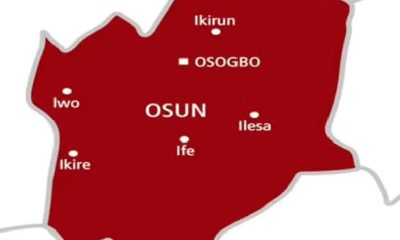
 Opinion5 days ago
Opinion5 days agoThe Clout-chasing Dipo Awojide By Comrade Da’Peace
-

 News4 days ago
News4 days agoRamadan, Lent: Shettima Calls For National Unity And Compassion
-

 Opinion4 days ago
Opinion4 days agoReinventing Osun’s Economy Through Dagbolu Intl. Trade Centre: From Quiet Market Lessons To Regional Trade Revolution By Adeboye Adebayo
-
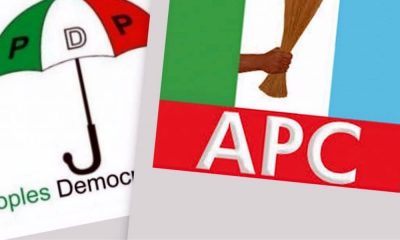
 News4 days ago
News4 days ago‘Wike Factor’: Another PDP Chairmanship Candidate Steps Down For APC In FCT



